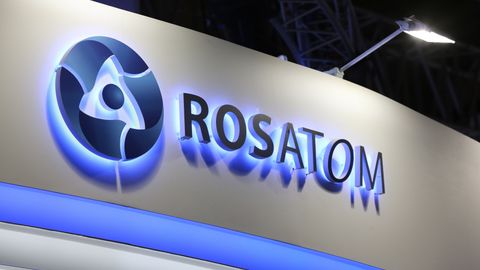Uzbekistan, Belarus discuss expanding industrial and investment cooperation through 2030
21:09 / 24.02.2026
Kazakhstan, Uzbekistan contribute to global GDP growth in 2026, IMF analysis shows
19:03 / 24.02.2026
Uzbekistan’s soum weakens 1.4% against U.S. dollar in January 2026, Central Bank says
18:35 / 24.02.2026
Uzbekistan delays state bank privatization to 2030 amid investor concerns
17:31 / 24.02.2026
Uzbekistan allocates $200mn for youth as labor market inflow nears 1mn annually
17:00 / 24.02.2026
Recommendations
Menu
Good news:
Tags
Grow your business with us
Advertise on Daryo.uzIndividual approach and exclusive materials
Ad-free site readingSubscribe
25 000 sum per month






Comments
To leave a comment, first